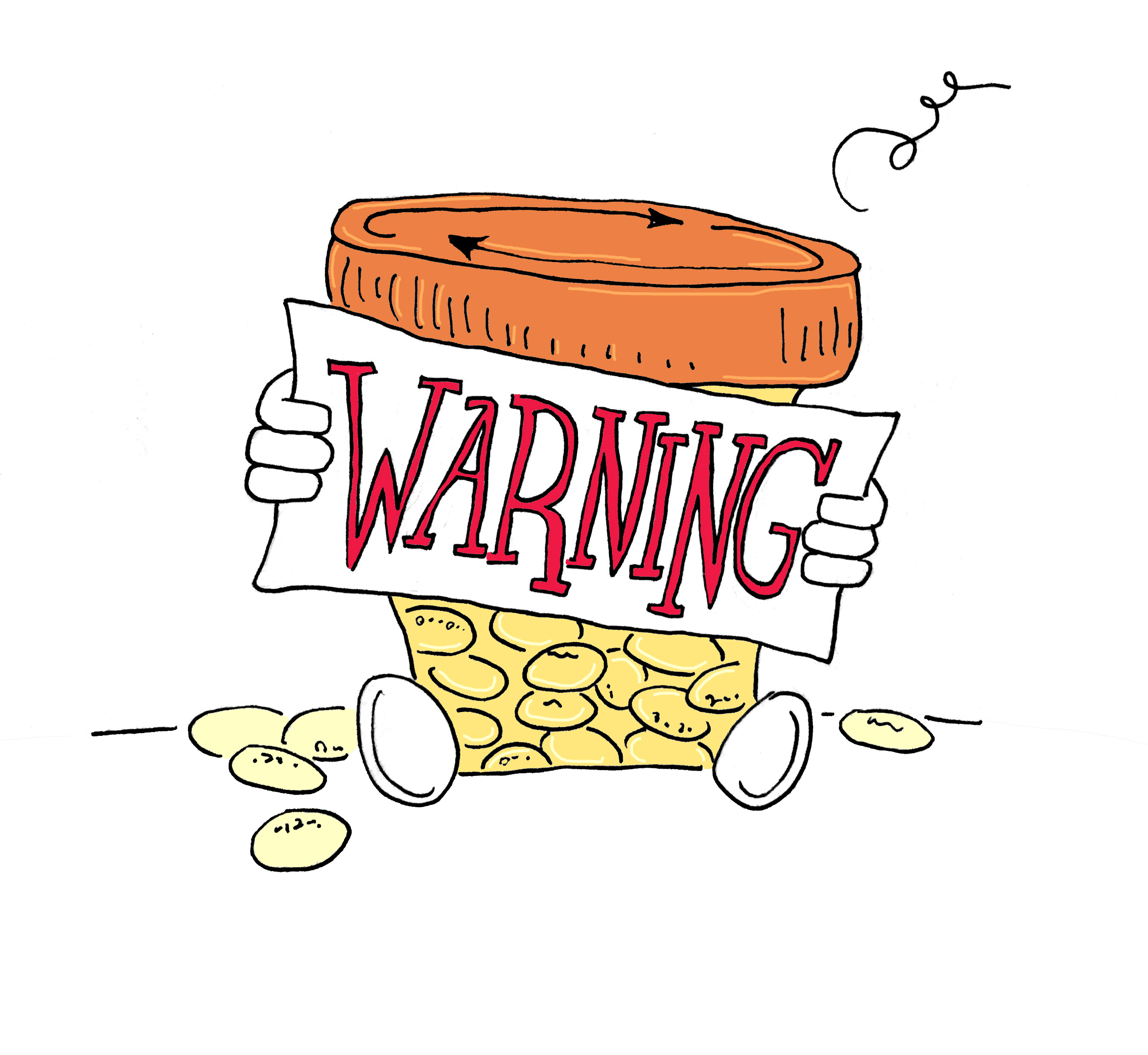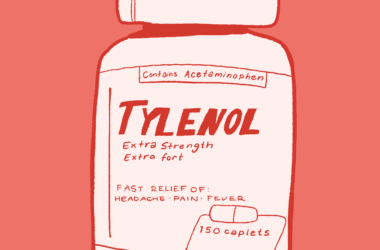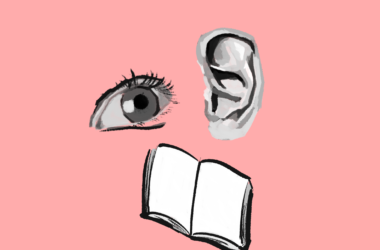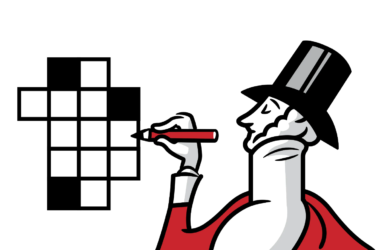When you hear the word “placebo,” what comes to mind? A flashback to the 100 flashcards of Psych 100? Medical studies and controls?
People tend to think of this phenomenon detached from their own lives. But, in reality, the placebo effect can have concrete physiological consequences and is frequently used in medical treatment, hitting closer to home than we think.
A placebo is a mimic treatment, commonly in the form of a sugar pill. Control group patients in medical studies or treatments are blind to the fact they actually aren’t consuming any medicine at all. The behaviour of this group serves as the standard used by conductors of experiments to judge the effectiveness non-placebo treatments. The ‘placebo effect’ occurs when patient control groups perceive relief of the symptoms the actual drug was intended to produce.
Professor Dr. Irving Kirsch of the Harvard Medical School and the associate director of the Program of Placebo Studies, says the placebo effect occurs thanks to a conditioned response to taking medicine: We take drugs and we anticipate the drug will have an effect.
“Just as Pavlov’s dogs had learned to associate the sound of a bell with food,” Kirsch told CNN.
The ‘placebo effect’ isn’t exclusive to individuals who consume a placebo pill.
“The placebo effect also contributes to the people that are in the drug group in that trial,” McGill Professor of Psychology Dr. Jeffrey Mogil said. “[For example,] how much of the effect is ibuprofen and how much of it is the placebo?”
Considering this question, testing new drugs in clinical trials can be complicated. Researchers, therefore, can’t take the results from non-placebo groups at face-value.
“If the drug does something, then the drug plus the placebo [effect] are responsible, which will be a bigger [response] than in the placebo group, who only have the placebo response,” Mogil said. “And that’s how you would know that a drug is actually doing something.”
The placebo effect manifests itself in a variety of ways within the body, particularly psychologically.
“Sure, it’s all in your head, but psychological changes will influence your brain chemistry,” Kirsch told Forbes last year. “The placebo has a physiological effect in that it causes the brain to release its own endogenous opioids.”
Opioid release, in the case of pain relief, suppresses the pain response. Whether pain relief comes as a result of the placebo or the drug of interest can be difficult to determine.
“If you give subjects a substance that block those natural opioids, the placebo effect stops working,” Kirsch told Forbes.
Despite the scientific dialogue of trials, studies, and controls, placebos are also used in the doctor’s office.
“Doctors have been using the placebo effect for thousands of years,” Mogil said.
Medical professionals have long known that no one wants to go home empty-handed. Providing patients with some type of pill satisfies their expectations.
“The main reason for administering placebos in late 18th century medical practice was to satisfy the patient’s demand and his expectations,” Professor Robert Jutte of the Institute for the History of Medicine in Germany, explained in his study published in the 2013 issue of Complementary Therapies in Medicine.
The phenomenon has continued to the present day. According to a WedMD survey including three Chicago-area medical institutions, just under half of the 230 doctors reported using placebos in medical practice.
While the mechanism is still not entirely understood, placebos work for the vast majority of people.
“People have been looking for some personality variable that explains placebo responding for a long time and in general have been unable to do so,” Mogil said. “Pain is entirely subjective.”







